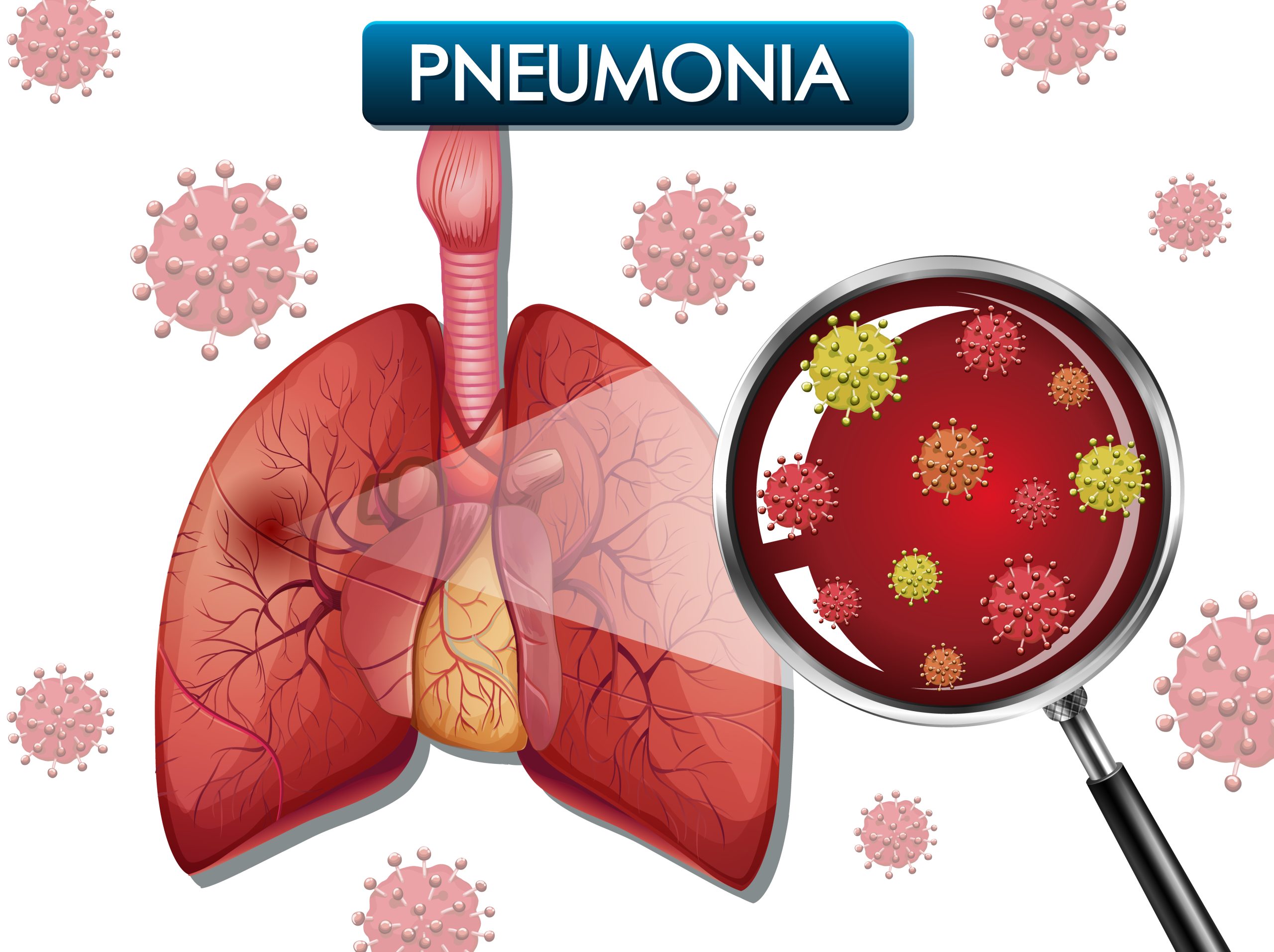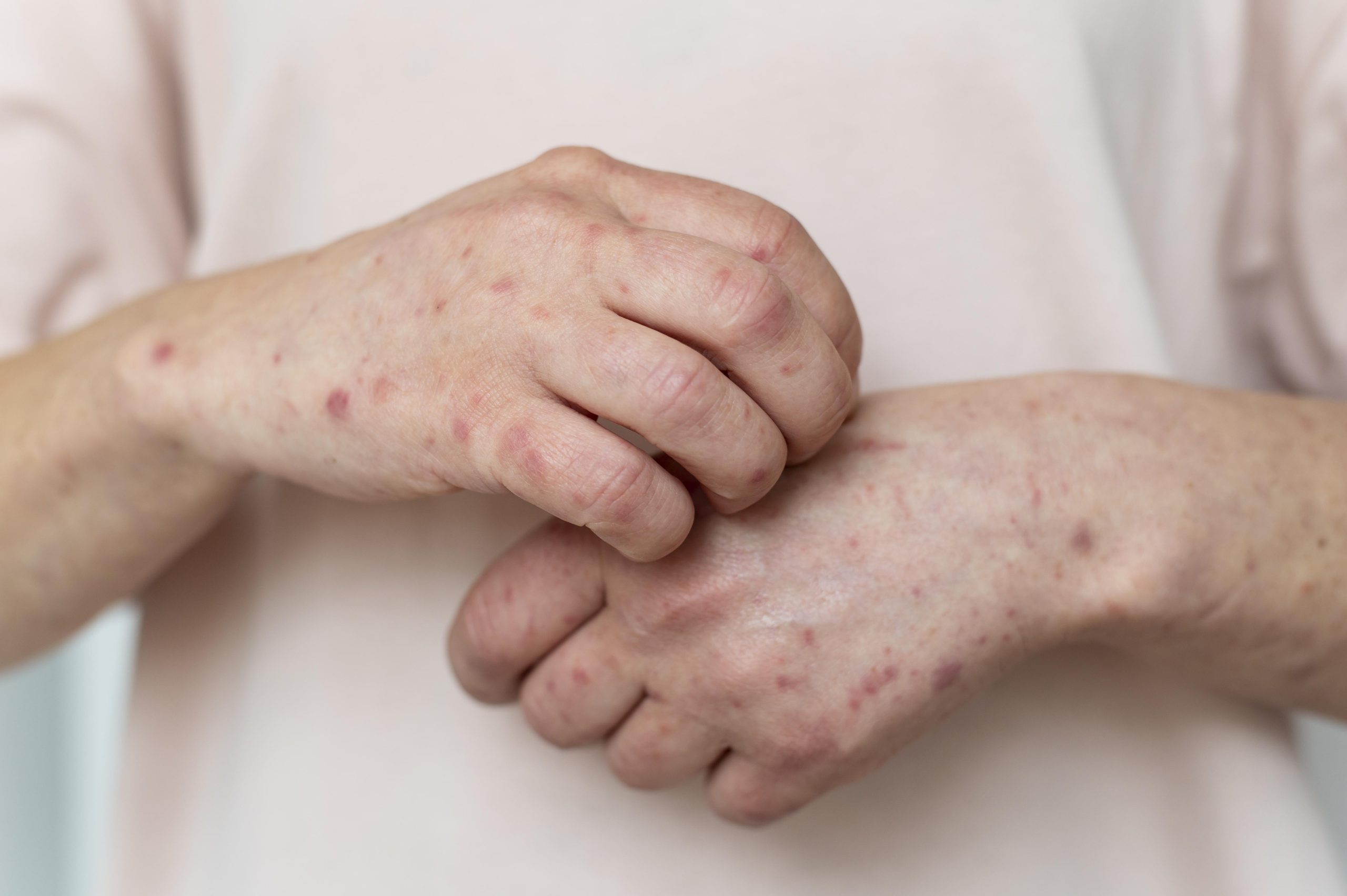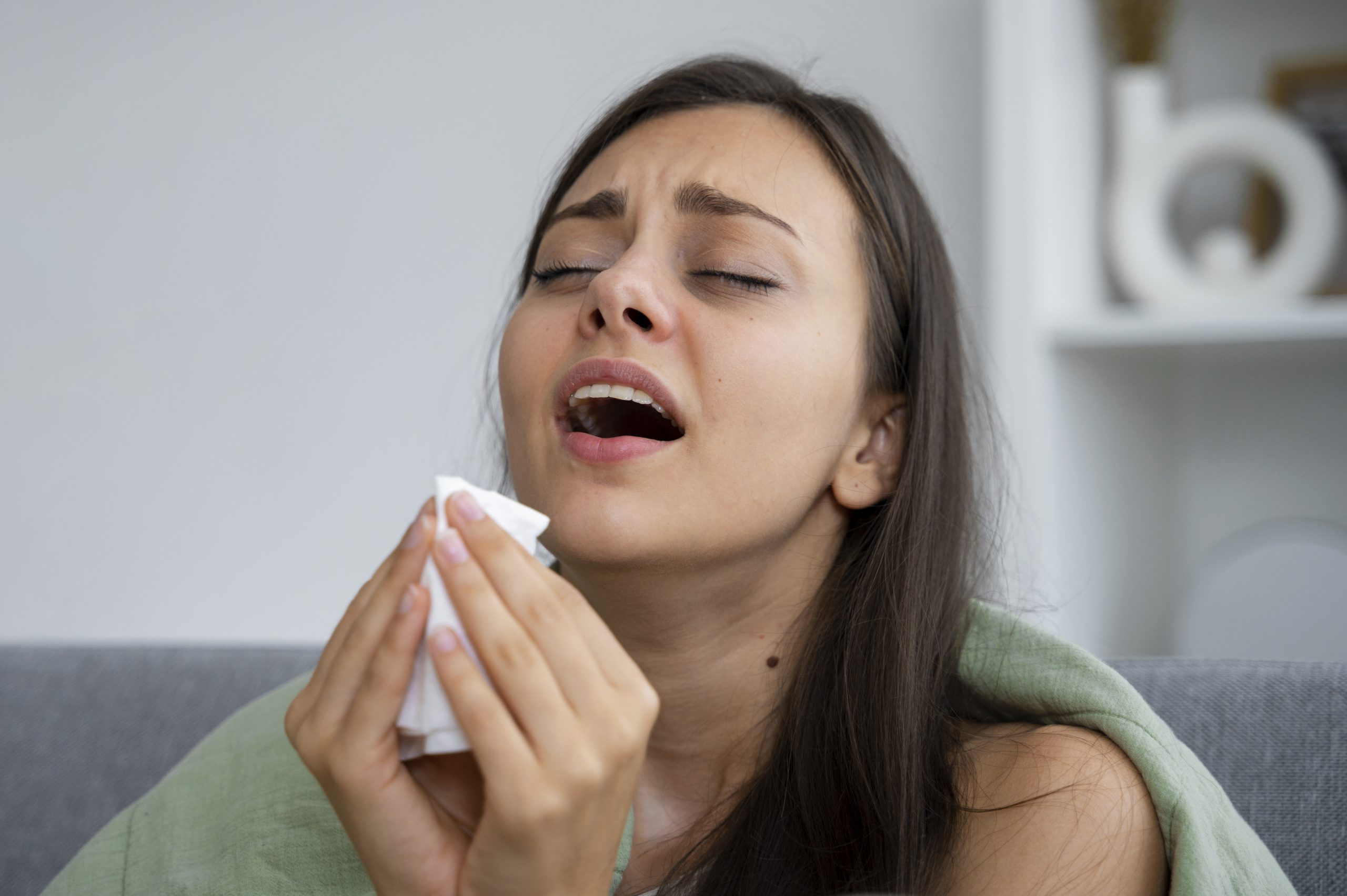Washing your sheets infrequently could raise your risk of three “sєríσus” conditions

Mattresses are slow to become a source of pathogens, even when covered with sheets.
While infrequent cleaning of sheets raises questions about a person’s hygiene, it can also become a health hazard.
1.Pneumonia, appendicitis and gonorrhea

Some studies have linked dirty bedding to the development of serious diseases such as pneumonia, appendicitis and gonorrhea.
The body excretes fluids and oils each night while sleeping, along with thousands of dead skin cells. This can provide a breeding ground for bacteria and dust mites that live on your sheets, mattress and pillows.
This can lead to itching and trigger asthma flare-ups, seasonal allergies or skin rashes if too many dust mites come into contact with your body,
It is recommended that people who are ill change their sheets daily.
2. Folliculitis and eczema

When dead skin cells are left to rest in your sheets, bacteria can grow. Then, when you go back to bed in a bed loaded with bacteria, you put yourself at risk for folliculitis (inflammation, infection or irritation of the hair follicle) or new or worsened eczema.
Eczema is one of the most common types of skin rashes and affects everyone from young children to the elderly. It is caused by a combination of dry skin and overactive bacterial colonies on the skin.
3. Allergic

He adds that fecal matter and dust mite corpses can cause severe allergic reactions in some people.
Symptoms can include coughing, sneezing, rashes, itchy eyes and runny nose. Dust mites are also a very common trigger for people with asthma.
4. If you let your dog sleep in your bed, beware
Pets are common havens for fungal organisms that can cause skin problems in humans. These can range from simple infections, such as ringworm, to more aggressive infestations, such as scabies, caused by mites that can live on dogs and be transmitted to humans.
How often should I wash my bed sheets?
It is recommended that you wash and change your bed sheets once a week, or at most every two weeks. Once a week is a good balance between washing your sheets regularly enough to prevent the build-up of bacteria, germs and dirt, but not so often that it becomes difficult to fit into your routine.
It is therefore beneficial to your comfort and health to have your bedding washed more frequently.
Source:express.co.uk, health.clevelandclinic.org

















